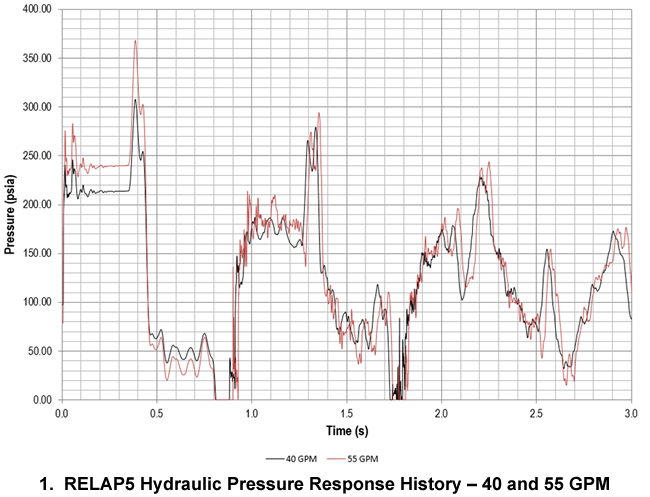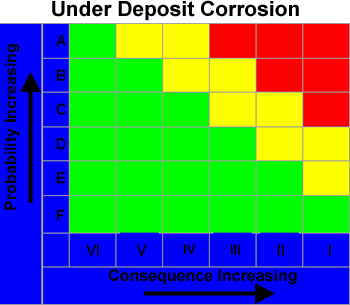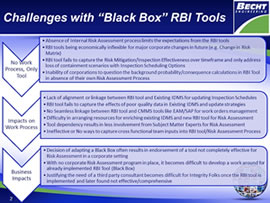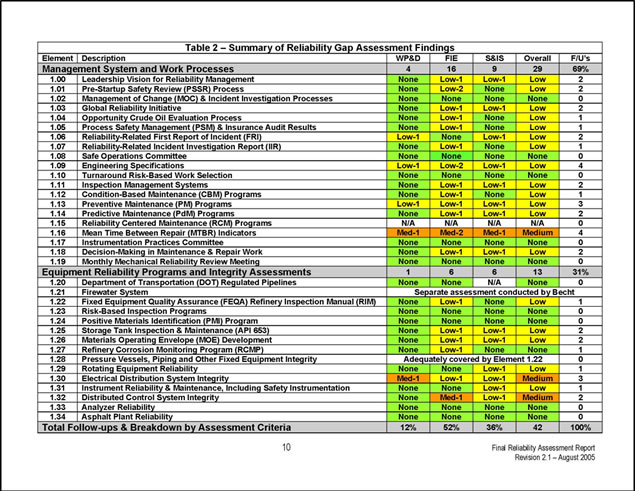
Fitness-for-Service of Damaged Buried Pipe — What Code Case N-806 Is and Is Not
This article outlines the procedure to evaluate the fitness-for-service of corroded buried pipe, and explains what CC N-806 covers … and what it does not cover. What are the Damage Mechanisms in Metallic Buried Pipe? The inspection of a buried metallic pipe, after years of service, can reveal that the pipe has little if any […]





